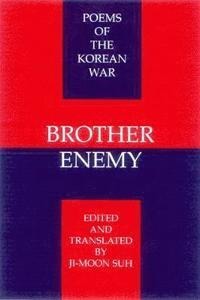
The Tragedy of Sohrab and Rostam
Bok av Abol-Qasem Ferdowsi
The tyrannical monster Zahhak upon whose shoulder grew serpents that feasted daily on the brains of Iran's youth; the giant hero Rostam who vanquished entire armies with his immense strength and military prowess; the inept Shah Kay Kavus whose greed and vanity brought incessant warfare and misery to the land he ruled; the bold princess Rudabe who defied two armies to pledge her love to the Iranian hero Zal--these are but a few of the charters who inhabit the world of the great Persian classic known as the Shahname, or Book of Kings. Completed in the eleventh century A.D. by the poet Abol-Qasem Ferdowsi, the Shahname describes in more than 80,000 lines of verse the pre-Islamic history of Persia from mythological times down to the invasion of the armies of Islam in the mid-seventh century A.D. From this long saga, Jerome Clinton has translated into English blank verse the most famous episode, the story of Rostam and Sohrab. It is a stark and classic tragedy set against the exotic backdrop of a mythological Persia where feasting, hunting, and warring are accomplished on the most magnificent scale. Matching the English translation line by line on the facing pages is the Persian text of the poem, based on the earliest complete manuscript of the Shahname, which is preserved in the British Museum. This lyrical translation of the tragedy of Sohrab and Rostam captures the narrative power and driving rhythm of the Shahname as no other English translation has. His rendering into modern blank verse is both faithful to the original and pleasing to the ear of the contemporary reader.







